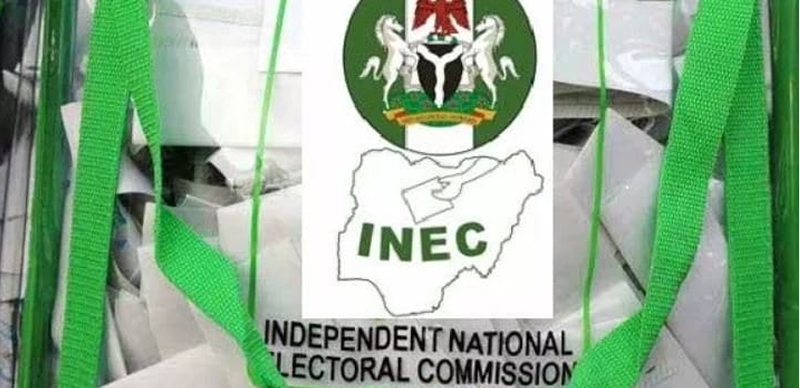Following the Presidential election held on February 25, the Court of Appeal has granted an injunction that permits the opposition parties, LP and PDP, to inspect all sensitive materials used in the election. Furthermore, as part of the series of post-election events, INEC has approached the Court of Appeal to request permission to reconfigure the BVAS machines in readiness for the upcoming Gubernatorial and State House of Assembly elections scheduled for March 11. However, the Labour Party disagrees.
Also Read: INEC Denies Extending Voter Registration, Insists On June 30 Deadline
The elections were held in over 176,000 polling units. As a result, observers have concerns about whether these parties have the logistical capacity and resources to scrutinize these materials and create the basis for a substantial case before court proceedings commence.
A Facebook user tried to provide a breakdown of the logistical requirements that opposition parties would need to examine the BVAS machine and authenticate the data. He estimated that it would require around 400 individuals to input data from the BVAS machines into a specifically designed collation software. He also noted that it should take 400 people to verify the data entered into the software.
However, some of the observers expressed pessimism about the ability of the parties to set up these systems. The possibility of winning the election is a topic of discussion among observers. They debated whether spending significant money pursuing the case in court was financially viable.
The plot continues to thicken, with INEC seeking permission to wipe off data from the BVAS. The appellants are concerned that erasing the data could potentially harm the strength of their case in court.
According to Onyechi Ikpeazu, SAN, the counsel to Mr. Peter Obi, the LP candidate, INEC seeks to “wipe out the vital physical evidence which is the most reliable evidence of accreditation data.” He also noted that if the data is wiped out, their petition will be in “jeopardy.” Emeka Etiaba, Atiku’s legal representative, raised concerns about INEC’s decision to wipe the BVAS system, pointing out that the commission was responsible for scheduling elections.
Meanwhile, INEC’s lawyer, Tanimu Inuwa, argued that a constitutional crisis could ensue if INEC fails to conduct the governor’s and state assembly elections at the allotted date.
Also Read: Peter Obi’s Labour Party and Italian Football Serie A: A Cautionary Tale
The intricacies have escalated with Nigeria’s transition towards digital means of conducting elections. The complexities were further complicated when the Osun State Governorship Election Petition Tribunal invalidated Ademola Adeleke’s election, citing overvoting in specific polling units due to multiple accreditations on the BVAS machines.

